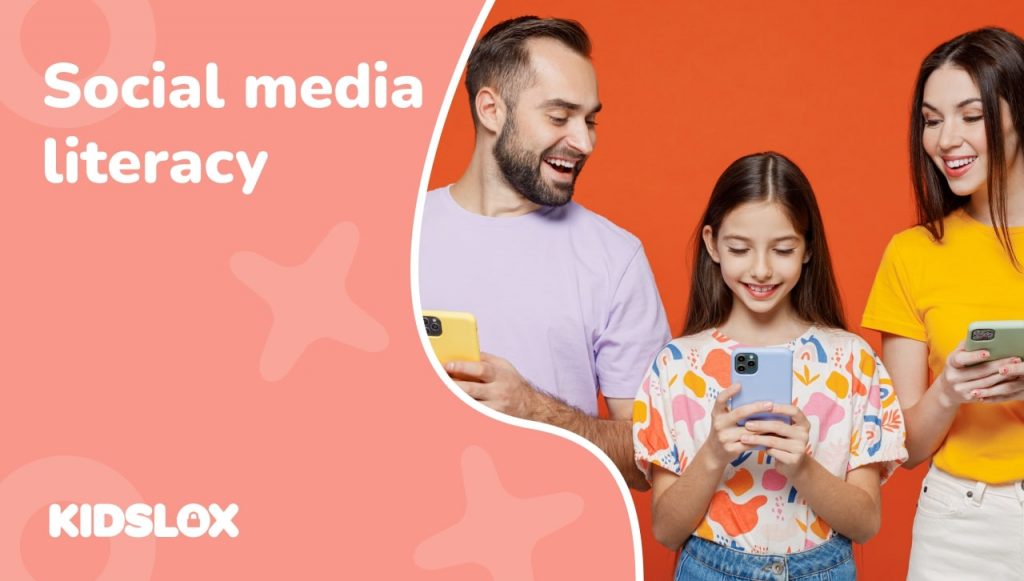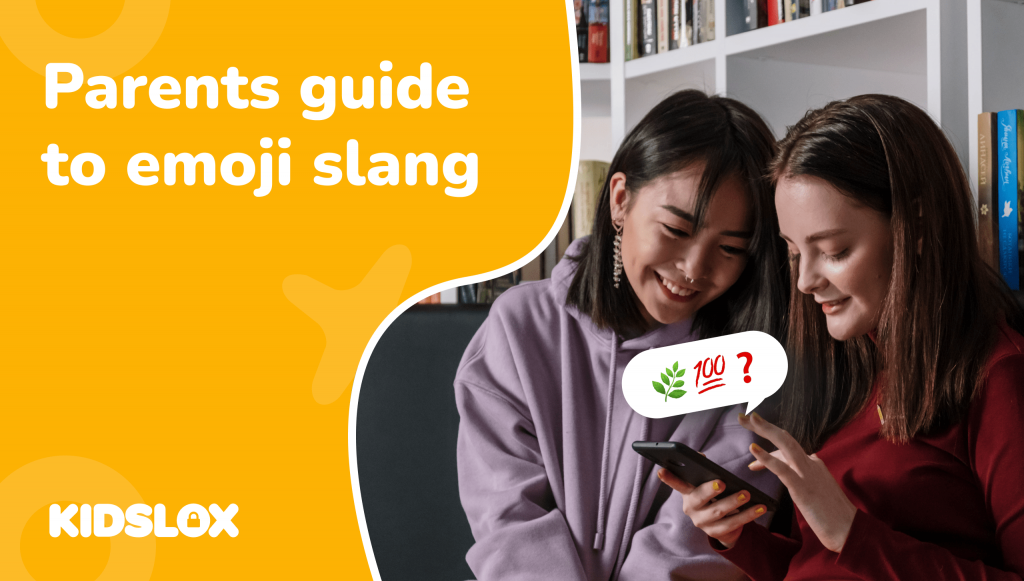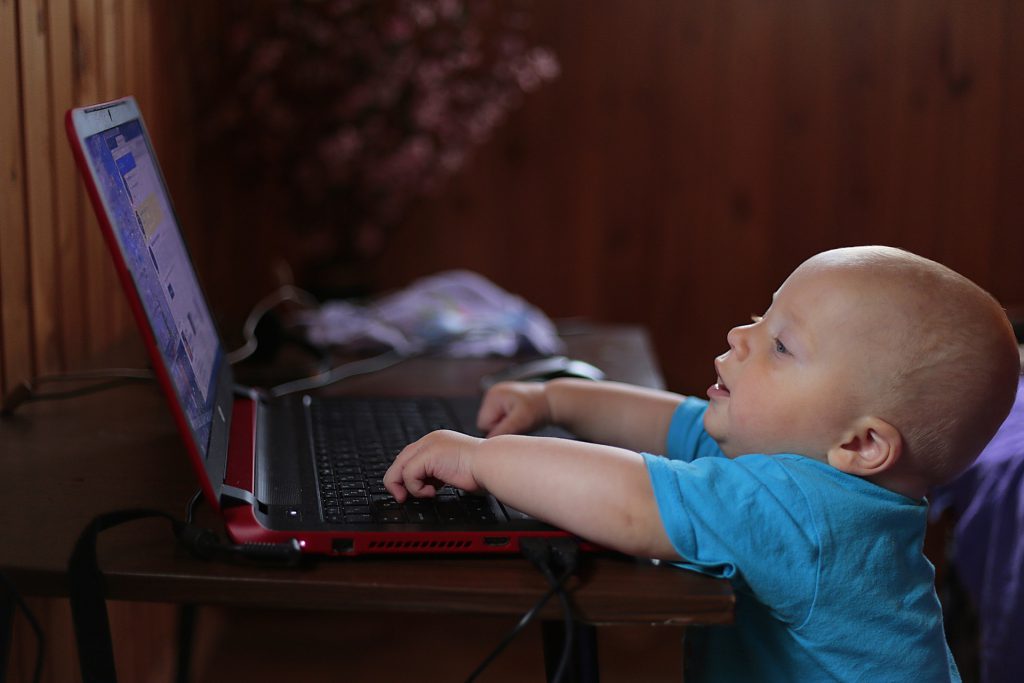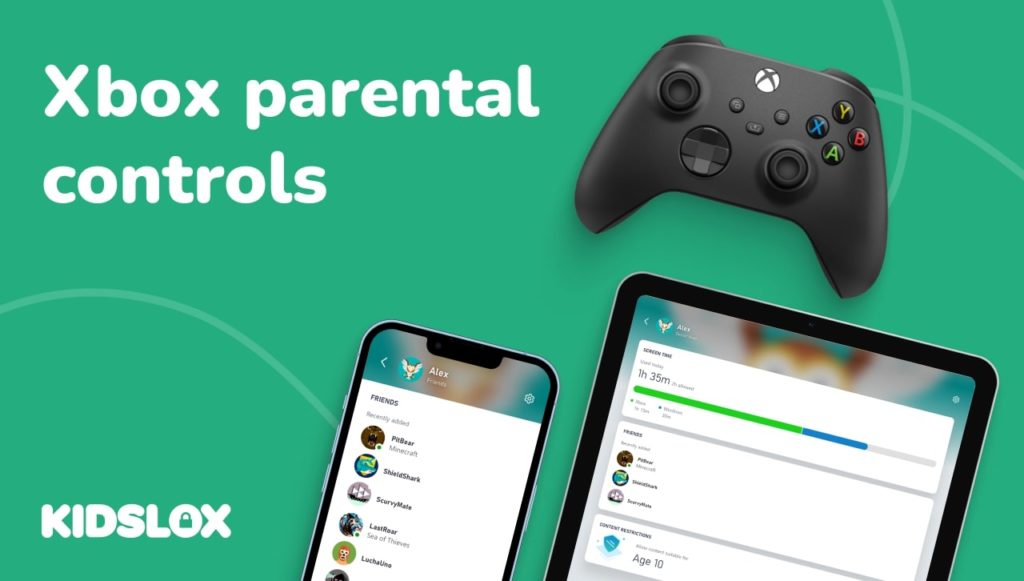How to teach kids to stay smart online.
Whether we like it or not, social media has become an integral part of our lives. Social media platforms such as Facebook, Twitter, Instagram, TikTok, and Snapchat have revolutionized the way we communicate, share information, and connect with others. While social media has many benefits, it also poses potential risks, particularly for children. Social media literacy is therefore essential to enable children to navigate the complex digital landscape safely and responsibly.
What is social media literacy?
Sometimes it feels like kids are more literate at social media than adults, but social media literacy refers not only to knowing how to use Snapchat and Instagram, but how you can use these platforms positively and without harm. It involves understanding the nuances of social media platforms, such as privacy settings, etiquette, and the consequences of online behavior.
Social media literacy is not only about knowing how to use social media platforms, but developing the right critical thinking skills to properly evaluate the information you find online.
One of the key reasons why social media literacy is crucial for children is to help them avoid the potential risks associated with the online world. Cyberbullying, sexting, and online predators are all amongst the most significant concerns adults have when it comes to their kids using social media.
Children who are not social media literate are vulnerable to these risks, which can have significant emotional and psychological impacts. Cyberbullying can cause anxiety, depression, and even suicide, while sexting can lead to humiliation and embarrassment. Online predators can exploit children and use their personal information for nefarious purposes, including identity theft and fraud.
Well developed social media understanding also helps children become responsible digital citizens. Digital citizenship refers to the responsible use of technology to engage with others and the world around us. It involves understanding the impact of our online behavior on ourselves, others, and society as a whole. Social media literacy enables children to use social media platforms to share their ideas, connect with others, and participate in online communities in a positive and constructive way.
Children who are social media literate are better equipped to navigate the complex digital landscape and make informed decisions about their online behavior. They are more likely to understand the importance of privacy settings, the consequences of sharing personal information online, and the impact of their online behavior on themselves and others. Social media literacy also helps children develop critical thinking skills to evaluate online information and media critically.
What social media skills do children need?
Social media isn’t going anywhere, and as our daily lives become more incumbent upon it, it’s important that children develop social media skills to navigate the digital landscape safely and responsibly. Here are some social media skills that children should have:
- Privacy settings: Children should know how to adjust the privacy settings on their social media accounts. They should be aware of what information they are sharing and with whom. It is important to explain to children that anything they post online can potentially be seen by anyone, including strangers.
- Online etiquette: Children should understand online etiquette and how to communicate appropriately on social media. This includes being respectful of others, using proper language and grammar, and avoiding offensive or derogatory comments.
- Responsible sharing: Children should know how to share content responsibly on social media. They should understand the consequences of sharing inappropriate or offensive content and be aware of the potential risks associated with sharing personal information online.
- Critical thinking: Children should develop critical thinking skills to evaluate the authenticity and credibility of online information. They should know how to fact-check information before sharing it on social media. You can encourage children of all ages to hone their critical thinking skills by asking open ended questions like, ‘why do you think that?’, ‘what might happen if?’ and ‘is there anything else we could try?’.
- Digital citizenship: Children should understand the concept of digital citizenship and the impact of their online behavior on themselves and others. They should be aware of the potential risks associated with social media use, such as cyberbullying and online predators.
- Time management: Children should know how to manage their time on social media and avoid spending too much time online. Kidslox can support parents and caregivers in this by setting time limits, blocking harmful sites and monitoring their activities.
- Reporting inappropriate behavior: Children should know how to report inappropriate behavior on social media, such as cyberbullying or harassment. They should feel comfortable talking to a trusted adult and reporting the behavior to the social media platform.
How can I help my child develop better social media literacy?
Developing sound social media understanding requires a collaborative effort between parents, educators, and with the children themselves. As parents, we can play an essential role in promoting social media literacy by modeling responsible online behavior, being open about the potential risks and benefits of social media with our children, and setting clear rules and boundaries for their social media use.
Schools and educators should also incorporate social media literacy into the curriculum, providing children with the knowledge and skills needed to navigate the digital landscape effectively.
Children themselves also play an active role in developing social media literacy. As they get older and expand their experiences online, they learn, seek advice from trusted adults, and reflect on the impact of their online behavior on themselves and others. By taking an active role in developing social media literacy, children can become responsible digital citizens who can use social media platforms effectively and responsibly.





